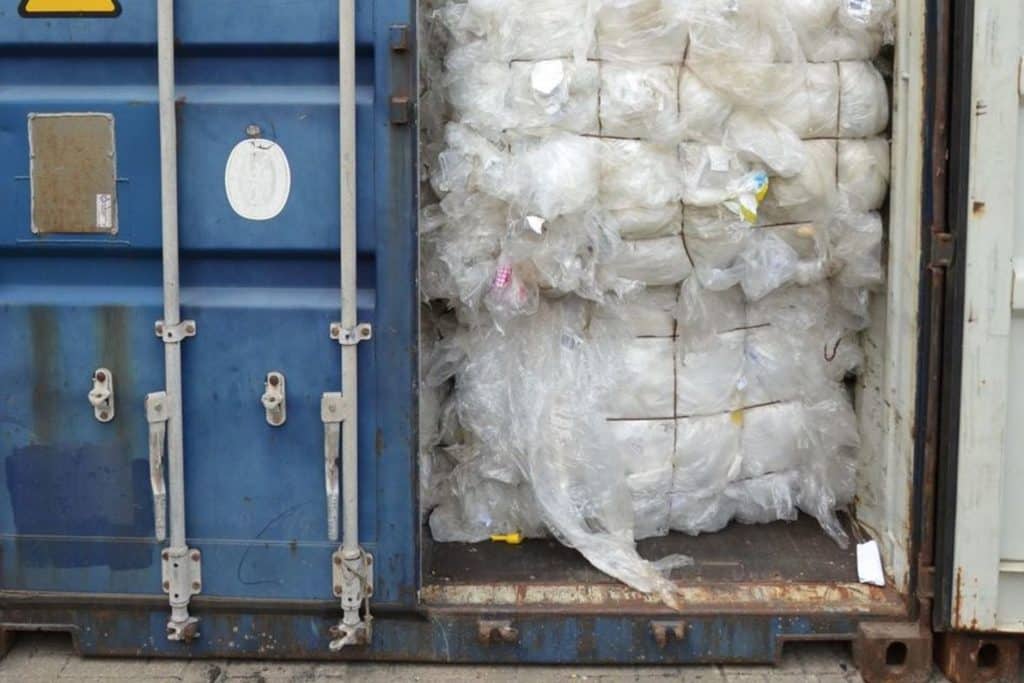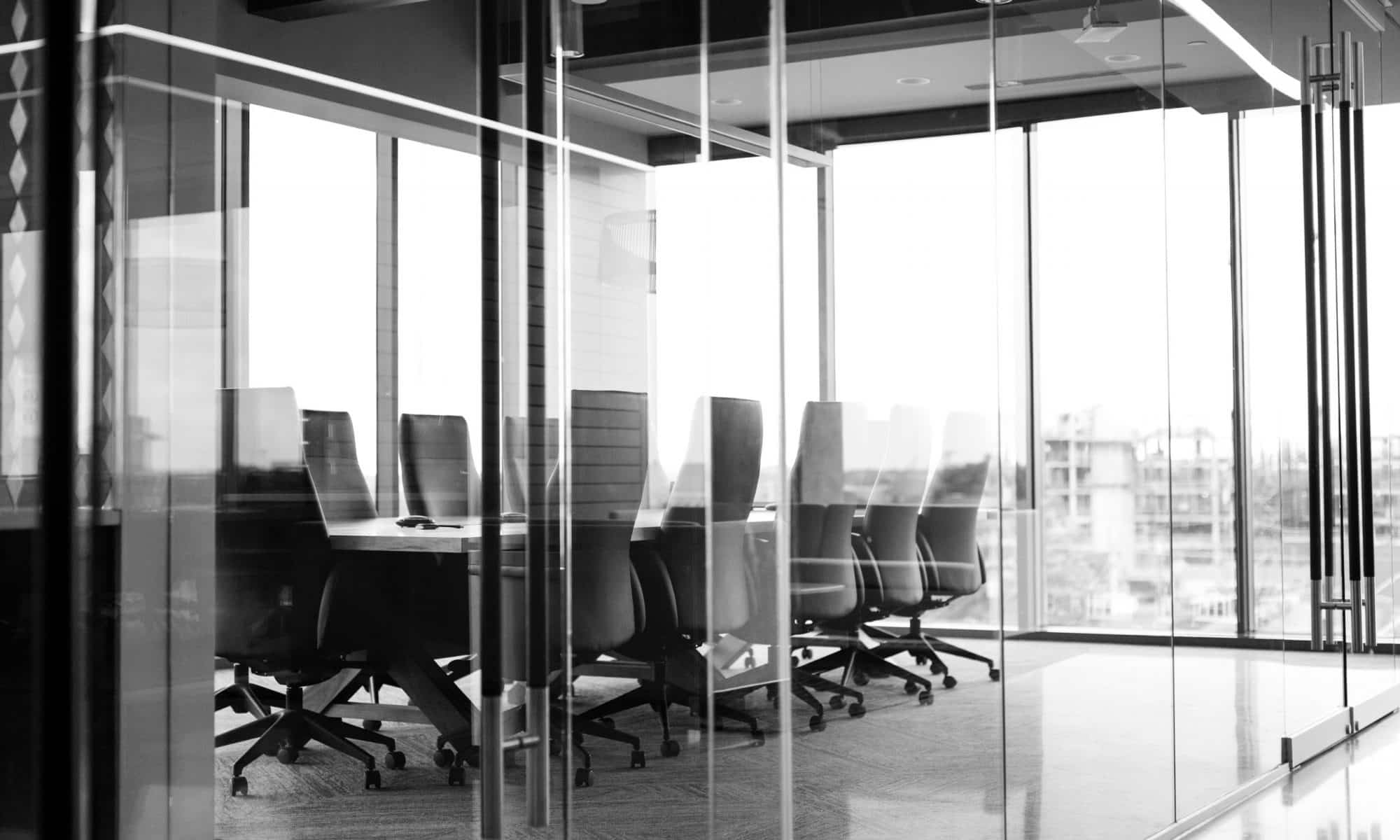Director fined following a waste exports prosecution investigation by the Environment Agency. The EA successfully prosecuted a former company director for illegally exporting banned household waste including nappies, clothing, textiles, tins and electrical items from a site in Droitwich, Worcestershire, to Indonesia in 2019.
At Kidderminster Magistrates Court on Wednesday 10 August 2022, Tianyong Wang, 43, of Solihull, Warwickshire, was fined £1,200 and ordered to pay costs of £10,000.
He had pleaded guilty at an earlier hearing in April 2022 to causing his dissolved company, Berry Polymer Limited, to export the waste to Indonesia. Shipping documents described the waste as plastic, which can be exported to Indonesia for recycling.
Howard McCann, prosecuting for the Environment Agency, told the court that between 27 June and 5 July 2019, Wang had caused his company to export some 382 tonnes of household waste in 22 sea containers from its site in Droitwich via the ports of Felixstowe and Southampton to Indonesia.
Included in the waste were about 1,590 nappies or sanitary items, plus 1,338 electrical items and about 33,639 tins/cans.

Other contaminants included numerous items of clothing, textiles and rags, unopened plastic bags, glass, wood, golf balls, toys, a used toilet brush and contaminated food and drink cartons.
Mr McCann told the court that the defendant was the sole director of Berry Polymer Limited, a company which was dissolved on 24 August 2021, at the time of the offending.
Wang had agreed to sell some 500 tonnes of plastic bottle waste to a broker at £270 per tonne. A purchase order confirmed the load site of the waste as “Berry Polymer Limited, 20 The Furlong Droitwich WR9 9AH.” Berry Polymer invoiced the broker £103,210.20 for 382.26 tonnes of “plastic bottles.”
The offence was discovered by Environment Agency officers who conducted initial inspections of some of the 22 containers at the ports of Southampton (17 containers) and Felixstowe (5) on 4 July 2019.
These inspections recorded significant evidence of contamination, flies and, in some containers, a rotting decomposing smell. The containers were deemed unfit for export at that stage and prevented from onward shipment to Indonesia.
Five of the containers were transported to the Environment Agency’s inspection facility at Felixstowe for full examination, one of the bales examined was so bad that an officer was physically sick. Ultimately all the containers were returned to the site in Droitwich for reprocessing.
When interviewed, Wang, who was abroad at the time, said the material supplied was not as described because his company’s usual bale inspection had either not happened or was sub-standard.
In sentencing, District Judge Strongman said this was a “blunder” by Wang, which had cost him his business and his reputation.
This prosecution sends out a strong message that we will investigate and where necessary prosecute anyone found to be involved in illegally exporting waste.
Waste crime can have a serious environmental impact and puts communities at risk. It undermines legitimate business and the investment and economic growth that goes with it.
We support legitimate businesses and are proactively supporting them by disrupting and stopping the illegal waste exports.
Sham Singh, senior investigating officer for the Environment Agency
In this case the defendant was charged with offences under the Transfrontier Shipment of Waste Regulations 2007 (TFS). The export of waste collected from households to non-OECD (Organisation for Economic and Development) countries is prohibited by Article 36 of the Waste Shipment Regulations. The offence of transporting waste to a non-OECD country in breach of the prohibition is created by Regulation 23 and the directors’ offence by regulation 55(1) of the TFS Regulations 2007. The offence is one of strict liability – strict liability offences are crimes which require no proof of intent. Strict liability offences are primarily regulatory offences aimed at businesses in relation to environment, health and safety.
A shipment of waste starts at the point of loading in the country of dispatch and continues until the waste has been recovered at the facility in the country of destination. This is why the export is not regarded as an attempt, despite the containers being prevented from leaving Felixstowe and Southampton.
For waste to be categorised as green list such as plastic waste, it must have been collected separately or been properly sorted.
Properly sorted means that the sorting is sufficient to remove contaminants to the point where any contamination that remains is so small as to be minimal and does not prevent the waste from becoming green list waste. If you require environmental advice or support for your business, please contact one of the Ashbrooke team.
